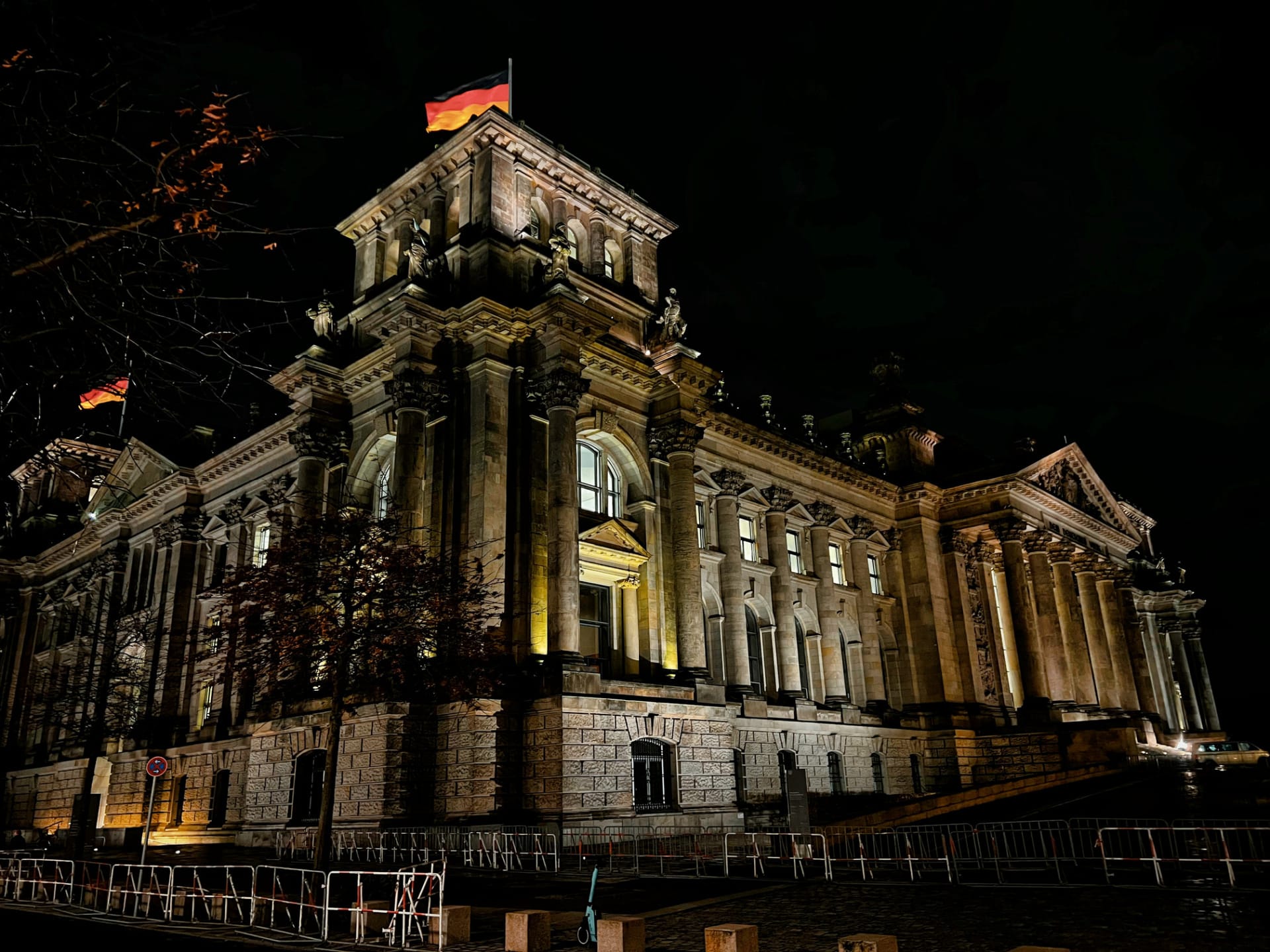Nov. 06, 2024 |
A fall in Berlin. On November 6, Germany’s government collapsed. Olaf Scholz, the Social Democratic chancellor, threw the Free Democratic Party out of his governing coalition, leaving his party with only the Greens in a minority government. Scholz also called for a confidence vote in the Bundestag in January, which his unpopular cabinet is certain to lose. And that will mean early elections within 60 days.
Since the end of World War II, it’s been very unusual for a German government to fail serving out a full term. What happened?
In October, Matthias Matthijs pointed out that the Greens and Free Democrats had long been a bad fit as coalition partners: They hold opposing positions on many of the country’s most important policies.
Still, Matthijs says, mismatched coalitions like this are becoming increasingly common across Europe as a result of political fragmentation—specifically, of the formerly dominant parties of center-right and center-left losing voter support to the far right and far left, as well as to new parties. Which is making it harder to form governing majorities—and also harder to govern.
—Michael Bluhm

